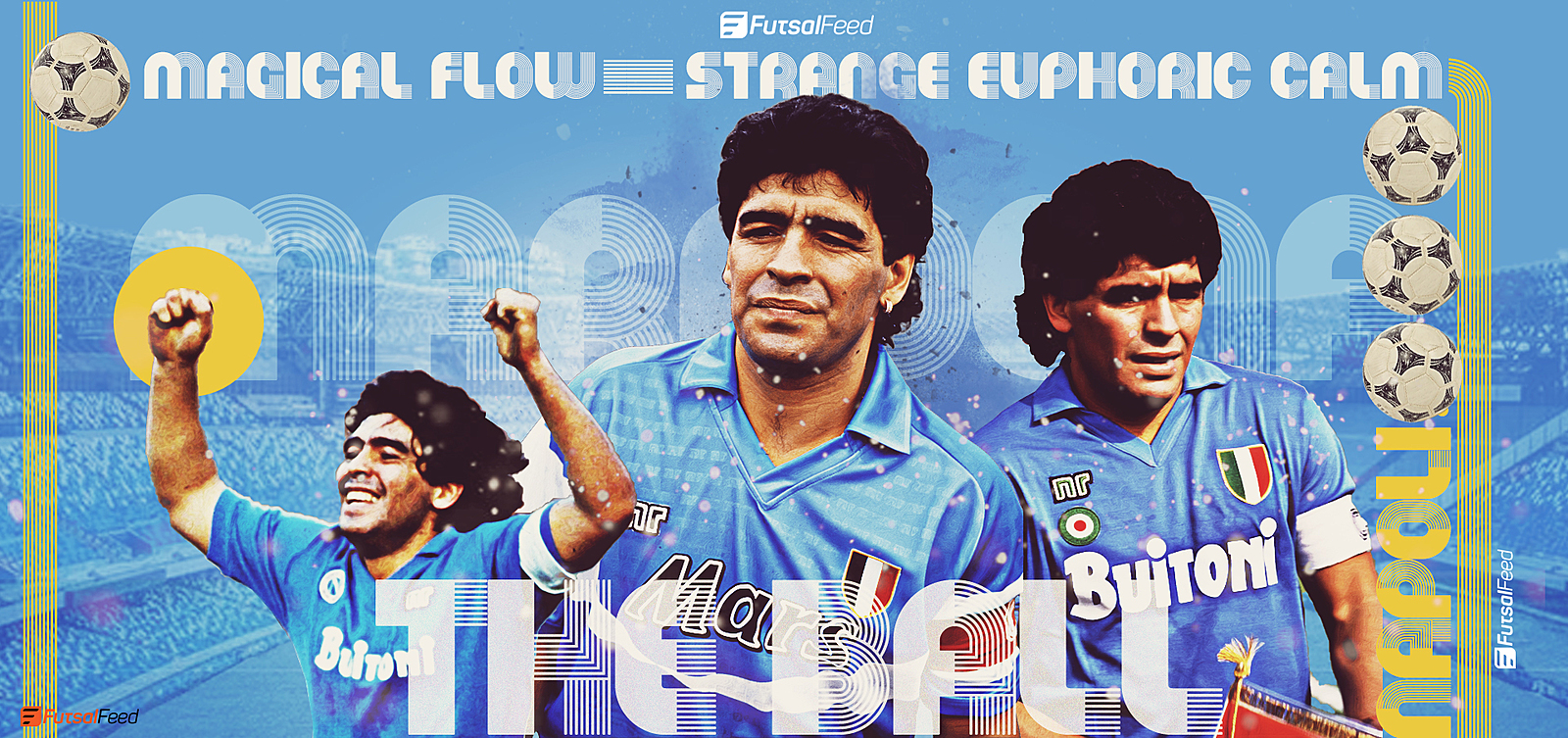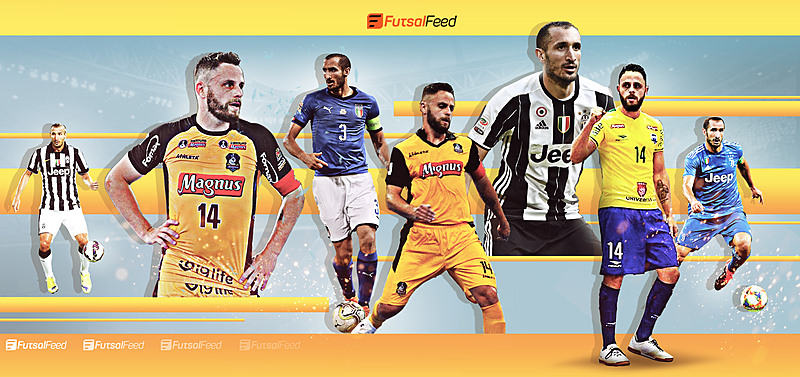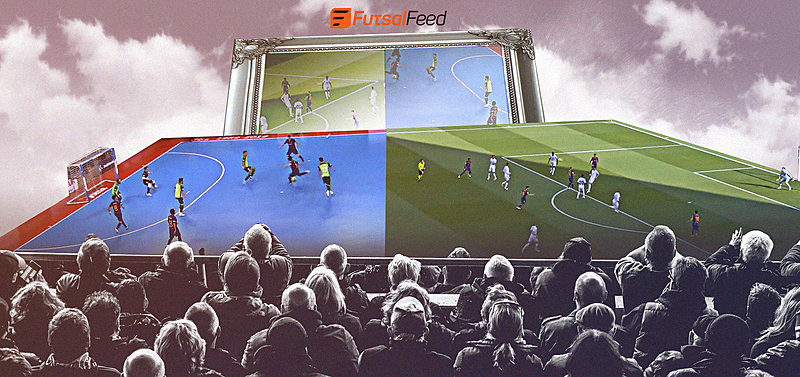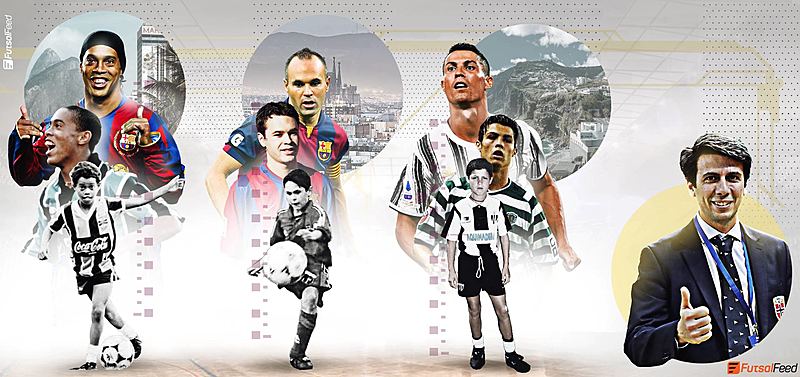When playing football and modern futsal, we recognize the need to elevate the game's cognitive aspects as much as possible, including, without doubt, critical thinking and creative thinking. Today more than ever!
The meaning of critical thinking is the ability to find different alternatives under challenging situations, breaking behavioural patterns that act as a brake for the players.
For example, this happens with the lack of technical limits perceived by the player himself in controlling and managing the ball.
The principle of sharing and exchanging ideas is linked to creative thinking, essential skills for teamwork.
>> Futsal and Football: The perfect fusion
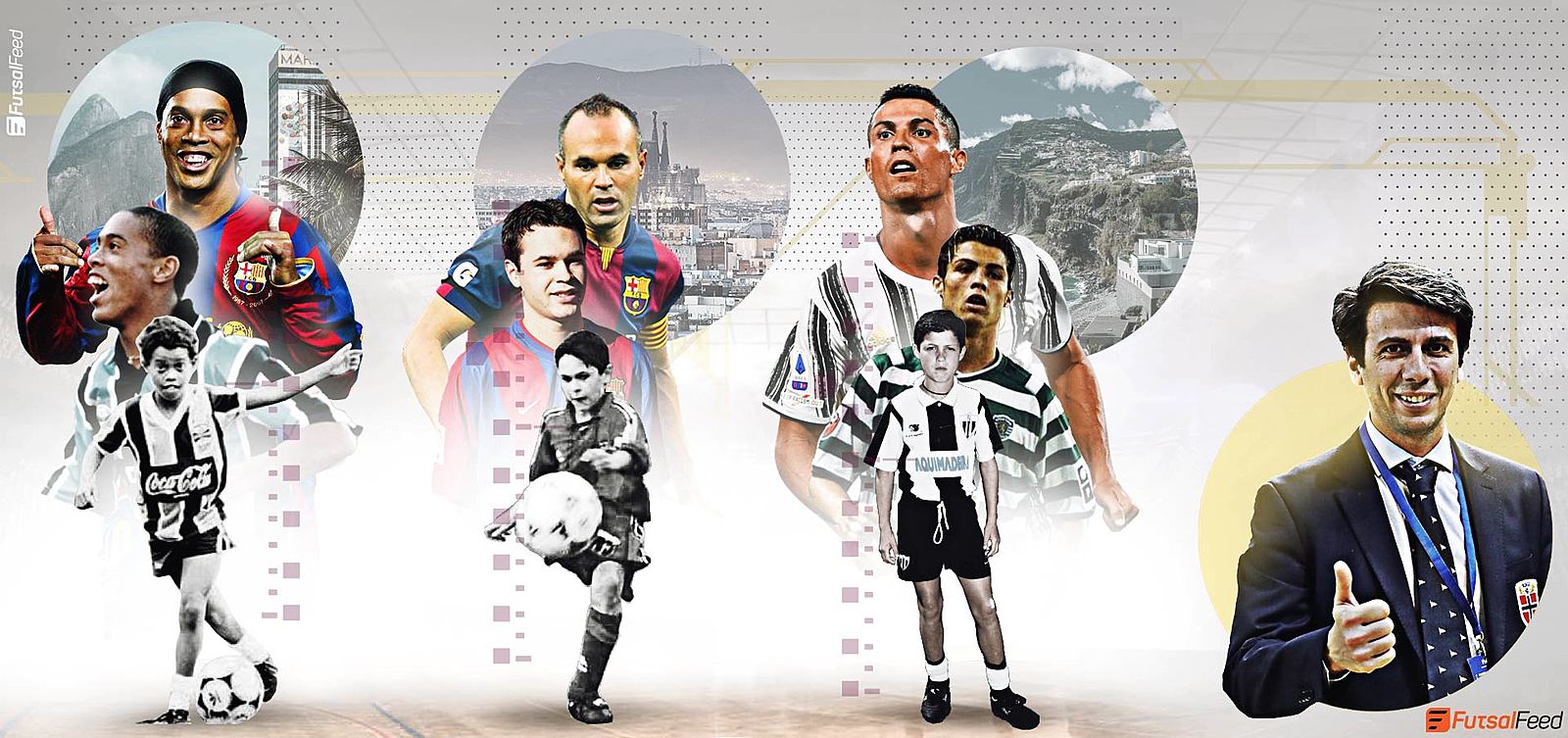
Logic dictates that you can learn a predetermined pattern or movement to perfection, but only your imagination takes you further and makes a game situation unpredictable and highly effective.
It is necessary to give the player mastery of technical skills. Therefore, control and management of the ball are fundamental to facilitate the freedom of creative thinking and the resolution capacity induced by creative thinking.
We, coaches, must fight with each player's limit, dictated by their technical limits in mastering the ball. Therefore, we will be able to produce players able to make quick decisions on the field or court, without fear of losing the ball and credibility towards the team-mates and the coach. And, above all, we don't want to increase the opponent's confidence.
The greater the individual stress, the greater are the chances of the player giving up on decision making, therefore weakening collective teamwork.
Training in mastery and management of the ball, in this sense, allows players to develop skills to solve problems that they will then face during a match.
However, it also allows players to develop critical thinking, creative thinking, and management of the emotions towards teammates and opponents.
As the knowledge and awareness increase during the training sections, we are improving our athletes' decision-making process. They suddenly feel very confident in facing adversity since they have multiple solutions for every problem in their skill set.
That obviously must go hand in hand with the increase and improvement in using the player's primary tool: the ball.
>> Futsal and Football: How to use the talented player to obtain numerical superiority
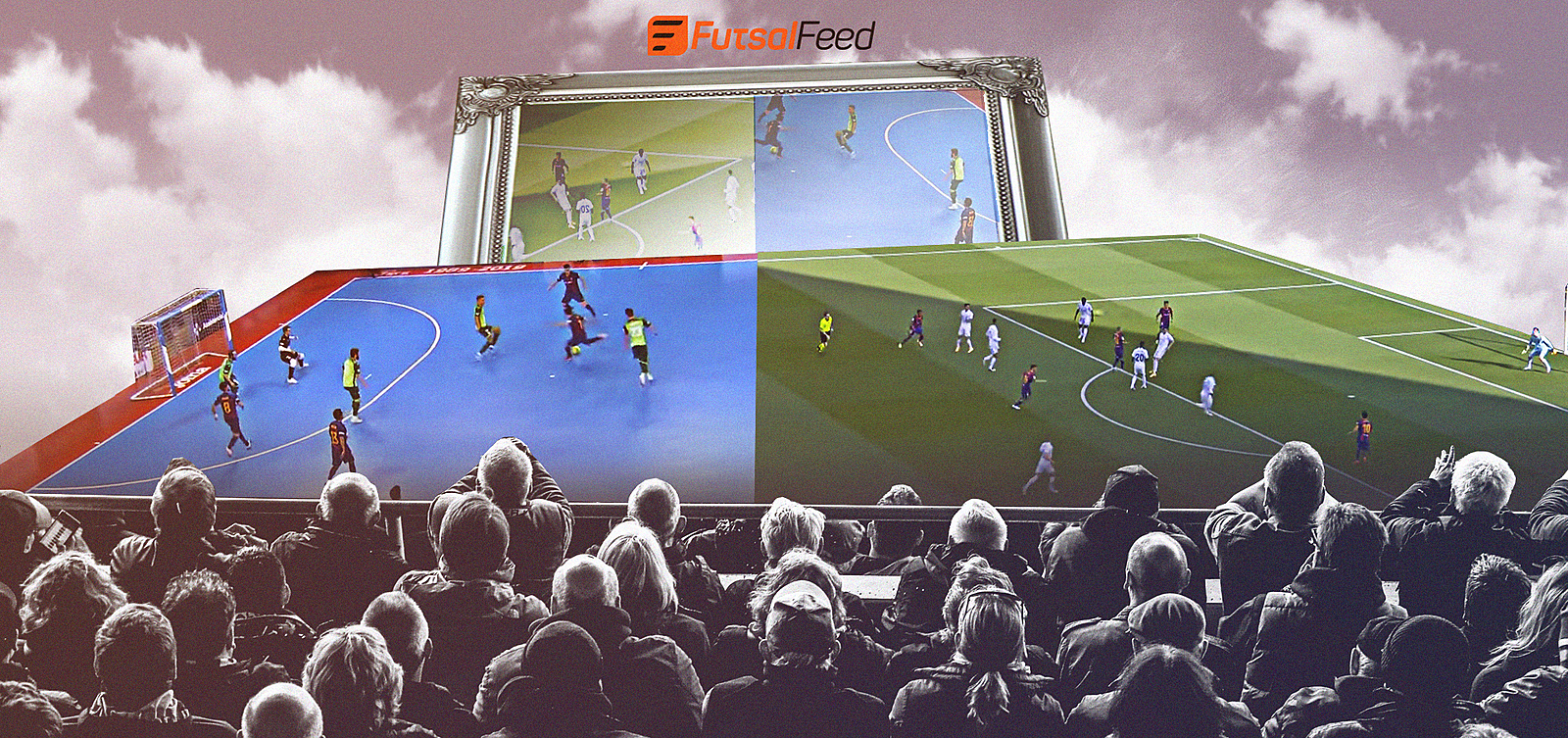
Without this personal growth, the whole system collapses
Of course, not all athletes will respond in the same way. Still, with this method - by improving all players' creative thinking - we will establish a principle of team well-being in the system. For example, the talent of those who have known how to express their skills best puts themselves at the team's service, and they will feel supported.
Thanks to the fact that the player has extended his or her confidence to teammates who are less technically "gifted" but motivated and strengthened in their role within the team, through commitment and growth in the mastery and management of the ball and fueled by mutual empathy they also grown in training.
In this way, we will be able to move from a team with some key players to a group of key players, according to their aptitudes and skills put at the collective's service.
With this system, even the most talented players contribute to the joint effort because they receive the team's support and benefit from personal growth to express their talent and reap the well-deserved rewards. When the star performs sacrificial work in ball retrieval, ball retrieval's collective strength is automatically strengthened. Even when the less technically gifted player loses the ball, he or she will be immediately comforted by the collective compensation of his limits.
Strengthening the player's personality, therefore, increases creativity and communication skills because by nurturing technical mastery in the use of the ball, mental well-being is promoted, increasing the motivation to take care of oneself and others.
In this virtuous process, there is the awareness of self-efficacy, as faith in each one's ability to organize and execute sequences of actions necessary to produce certain results.
Hence, the conviction of effectively facing any test, feeling up to the event, with specific tasks, putting motivation, personal resources, and action into play.
>> The modern defender: What are the qualities of the top players today?
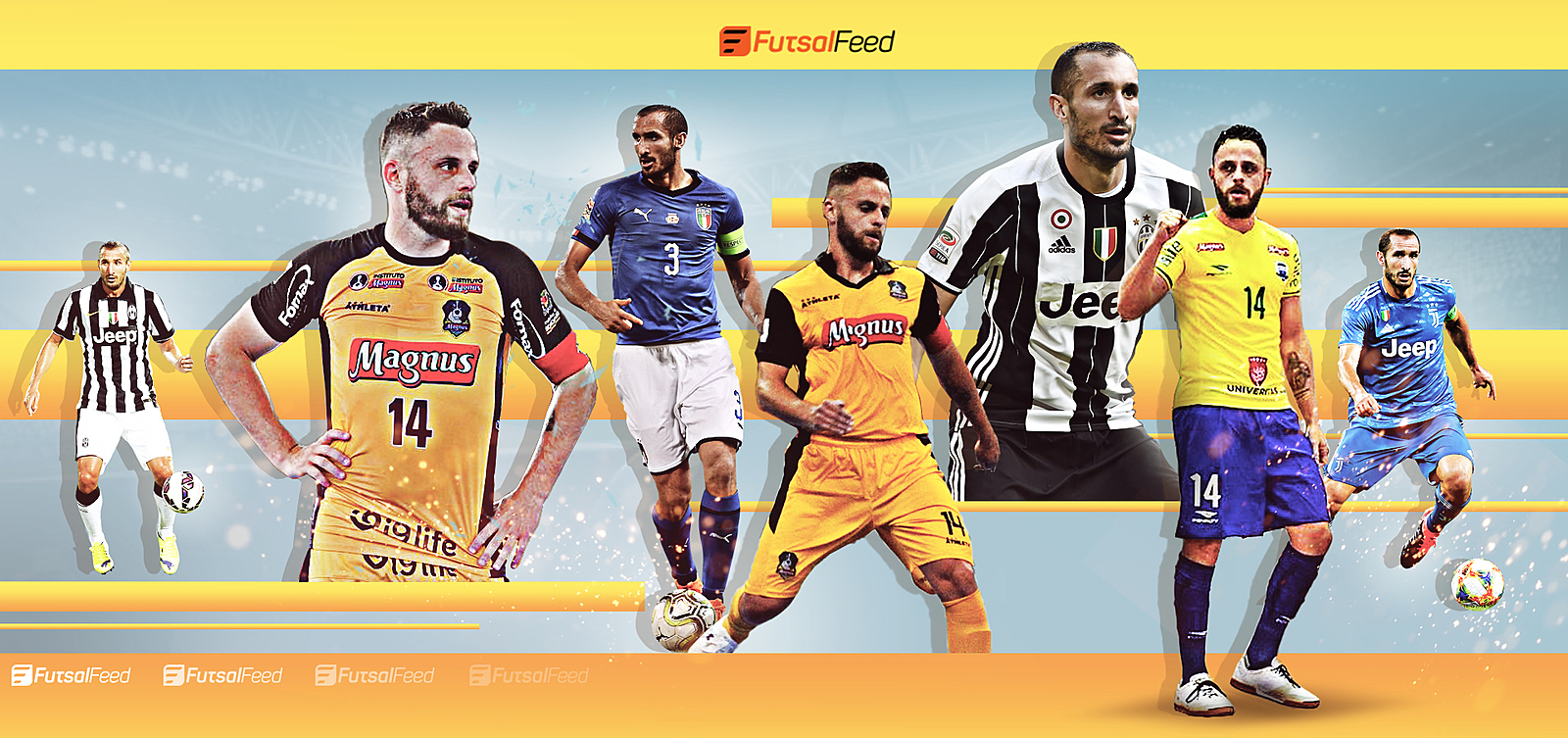
Ingredients for the excellence of the performance
That constitutes a further step, which always uses and appropriates the technique of mastering the ball, leading to strengthening motivation. An internal motivation allows the athlete to perform an activity because it is stimulating, a source of pleasure, feeling satisfaction in feeling more and more competent.
In winning teams, where global harmony is established at the team level, some players will establish an exceptional state of mind because they will find themselves so immersed in their performance that they experience a feeling of serenity and concentration.
They are in a sort of "trance" that can combine physical activity and consciousness in a maximum concentration that occurs in a natural, automatic way. These incredible ingredients determine the excellence of the performance.
One of the emblematic cases of this topic is Maradona's Napoli. Almost all the players on that team lived in a magical flow, a strange euphoric calm. There was a feeling that those players could run all day without getting tired, almost physically crossing every opposing team.
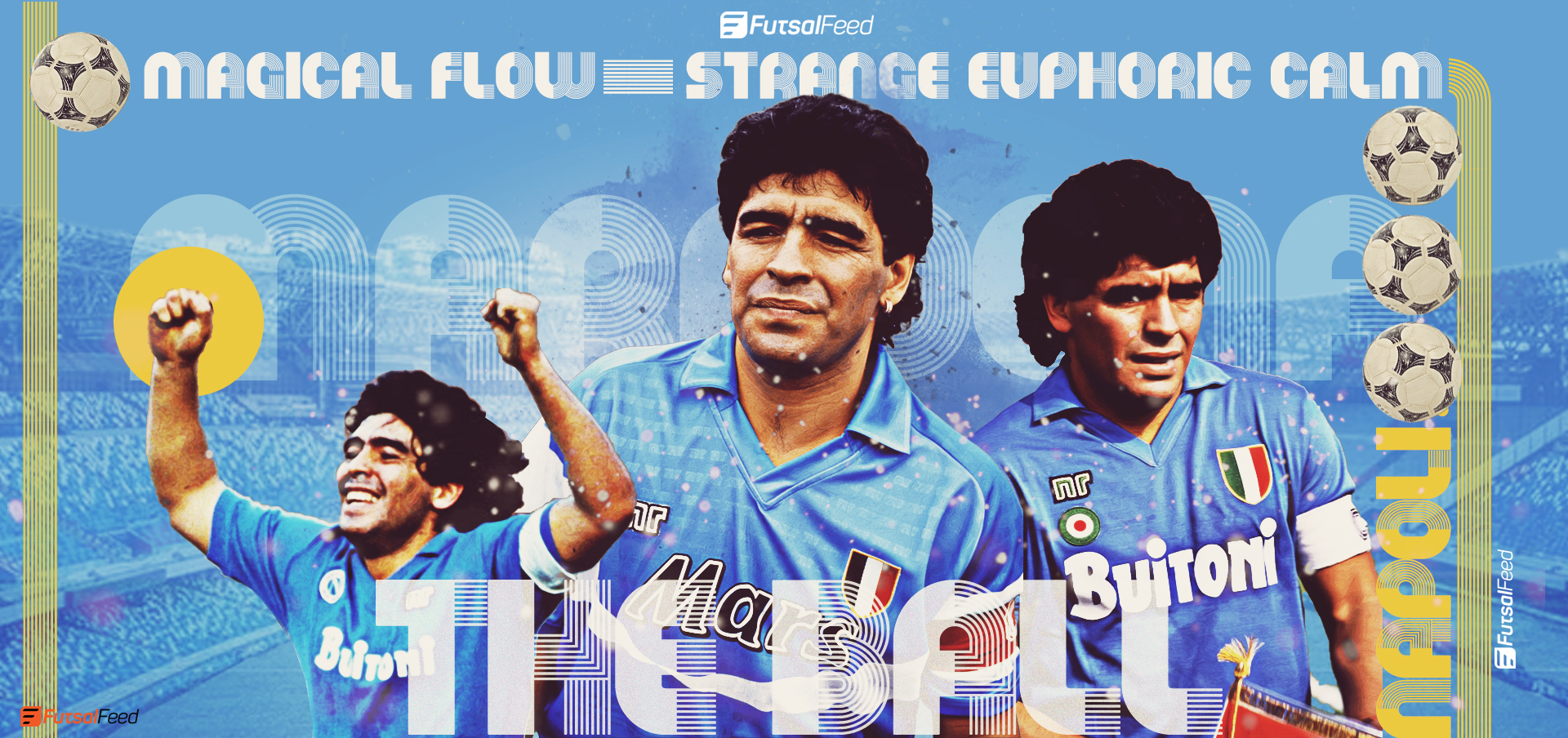
This global expression of a team's consolidated personality and skills, in turn, has a direct impact not only on the performance of the team itself but also on the opposing team, which finds itself facing a collective and unitary block. That is achieved with a play style that enhances individual athletes' skills pooled to achieve the goal for which everyone takes the field: victory.
Consequently, working on the single touch of the ball, as a spontaneous sign full of feeling and pleasure, a genuine relationship with the ball develops, which leads to the development and strengthening of mental and technical resources, increasing the expressive capacity of the single individual and of a team strength that not only facilitates the resolution of the moment of adversity to be faced in the game, but that will inhibit the opposing team, forced to add an additional hostile variable.
All this begins with the first touch of the ball, the basic element of the game.
Regardless of the types of exercises that can be adopted, I believe it is necessary to emphasize when the reproduction in the training of potential match situations is particularly profitable, using an equivalent number of players for each phase of the game, but always and in any case of the tool of the game: the ball.
